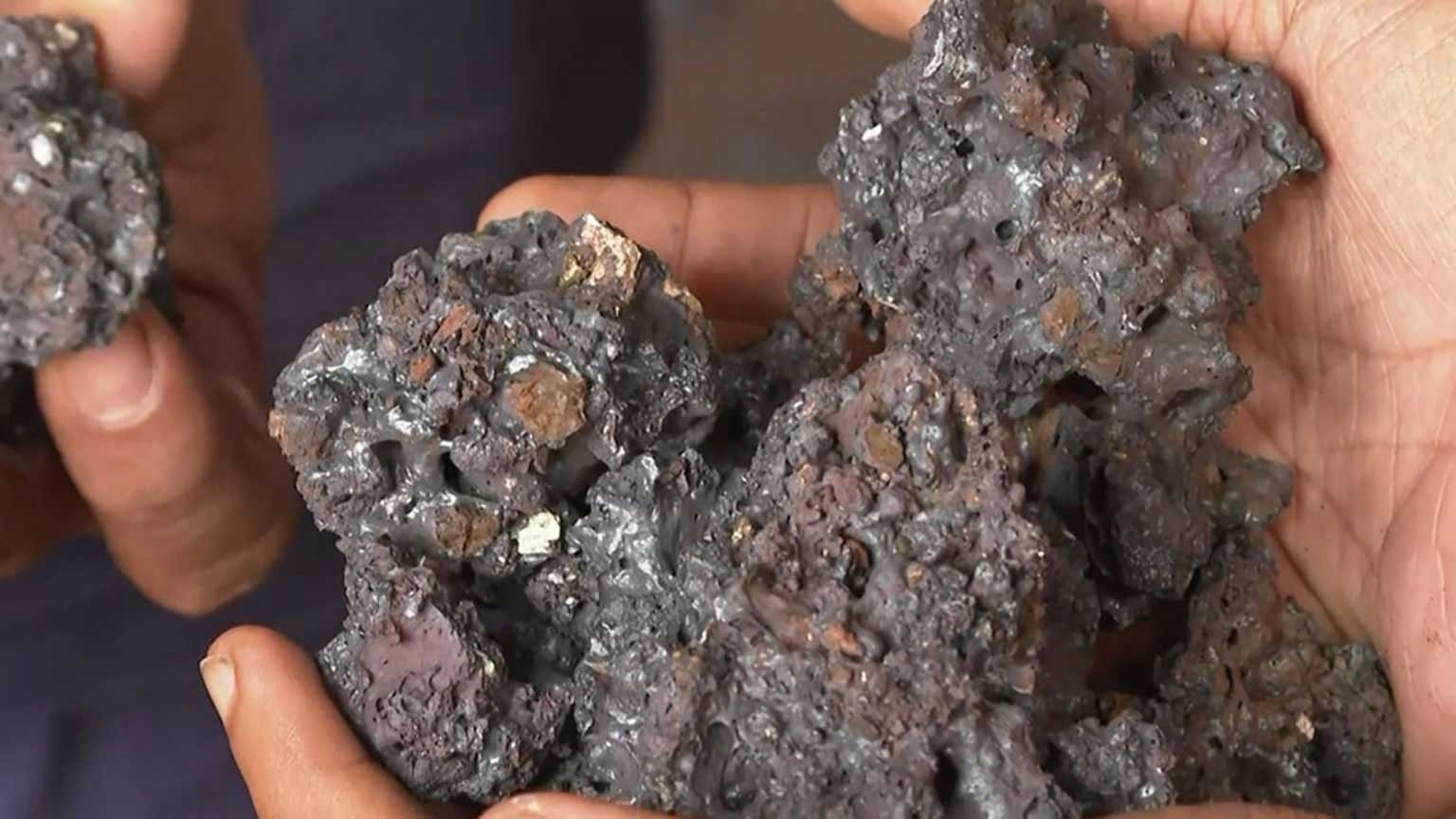A closed industry
Indonesia is famously protective of its lucrative nickel industry, so it was a surprise when authorities invited media including NHK to visit Sorowako last December. The small mining town in southern Sulawesi is where Vale Indonesia, a subsidiary of Brazil-based industrial giant Vale, has been mining and making nickel products since 1978.
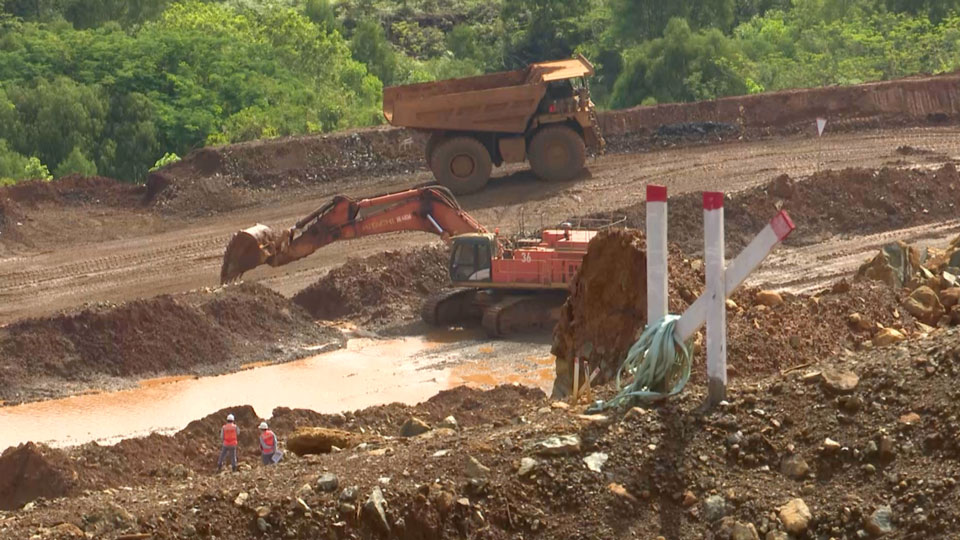
Roughly 1,000 workers were hard at work, using heavy equipment to dig for the brown treasure.
The nickel ore these miners pull from the earth is transported to smelters, where impurities such as iron are removed to create an intermediate substance known as nickel matte. That product is exported to Japan where it is used in battery manufacture and others.
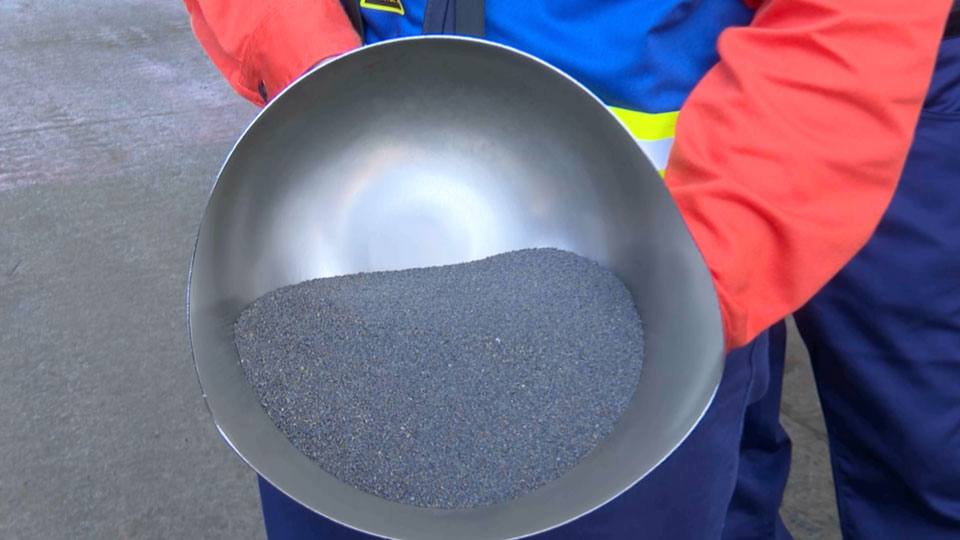
"Resource nationalism"
The Indonesian government has planned the nickel ore export ban since 2014 and has fully banned the export of nickel ore since 2020 effectively ensuring that it would be processed domestically. With this regulation, Indonesia readied itself by increasing its smelters from 2 smelters in 2014 to 13 in 2020.
The goal was to nurture downstream industries and add value to the final export product. The policy delivered an instant economic windfall, increasing the value of Indonesia's nickel exports from $57 million in 2020 to $750 million last year.
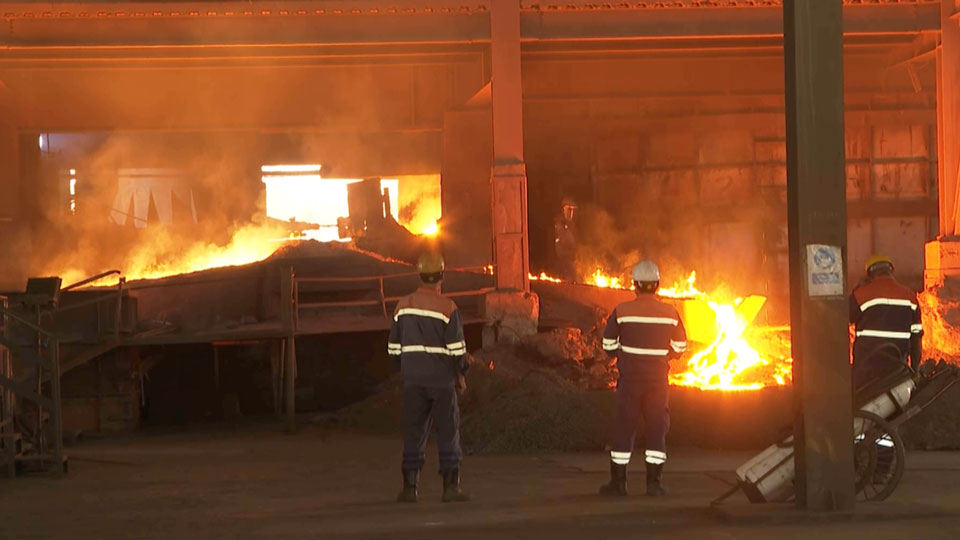
The hand of China
Overseas investors have played a crucial role in Indonesia's nickel industry. China is the biggest buyer of Indonesia's processed nickel. To protect its supply, it helped to fund many of the new smelters, becoming the biggest foreign investor in the process.
The hand of China can be seen elsewhere across Sulawesi, in particular at the Indonesia Morowali Industrial Park, which is part of Beijing's "One Belt and One Road" project.
Chinese companies have built nickel industrial parks in other parts of Indonesia, too. We visited one that's roughly 230 kilometers south of the Morowali Industrial Park. Emblazoned across a wall was the slogan: "One belt and one road, building prosperity together." Other signs of China's influence abounded — in the "Chinese market," as locals referred to one site, in the banners in grocery stores, and also in the crowds of Chinese workers who poured into the streets at the end of a working day.
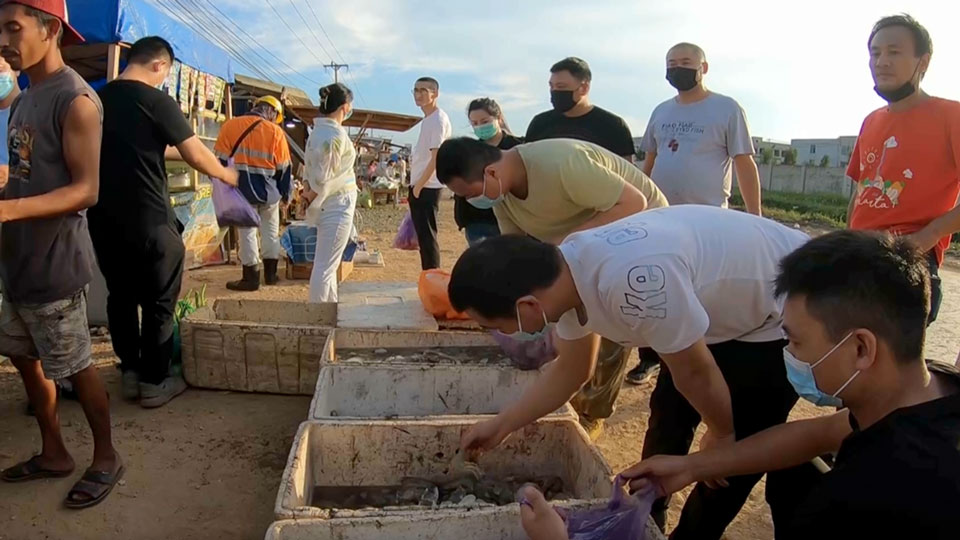
Vale Indonesia, one of the biggest nickel producers, has started construction to build more smelters on Sulawesi with its Chinese partners.
COO Abu Ashar said the benefit of working with Chinese firms is that their streamlined processes ensure minimum bureaucracy and maximum efficiency.
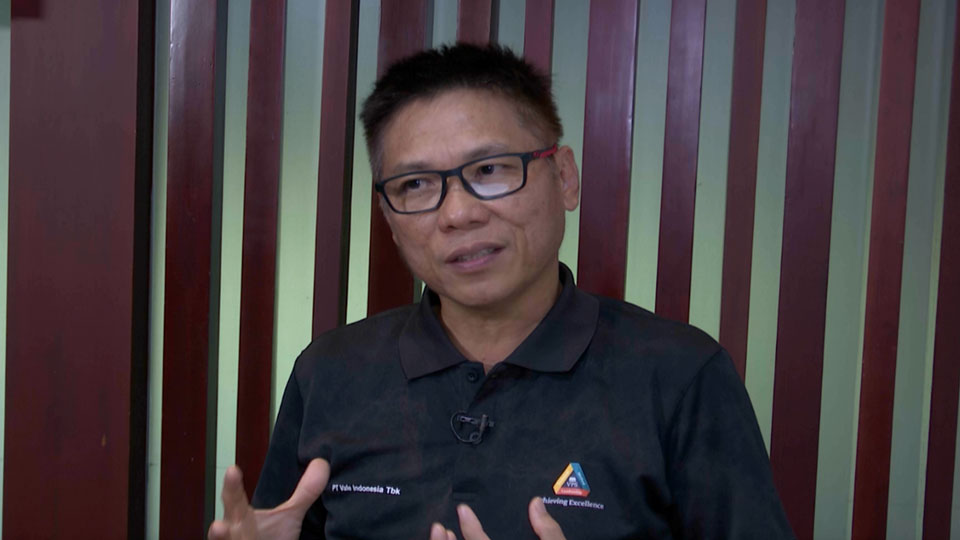
EV shift a boon for Indonesia
In 2020, 70 percent of primary nickel in the world ended up in stainless steel products, and just 6 percent was used in batteries. But that balance is expected to change as the industry pivots to an expanding market for electric vehicles, which use nickel in their batteries.
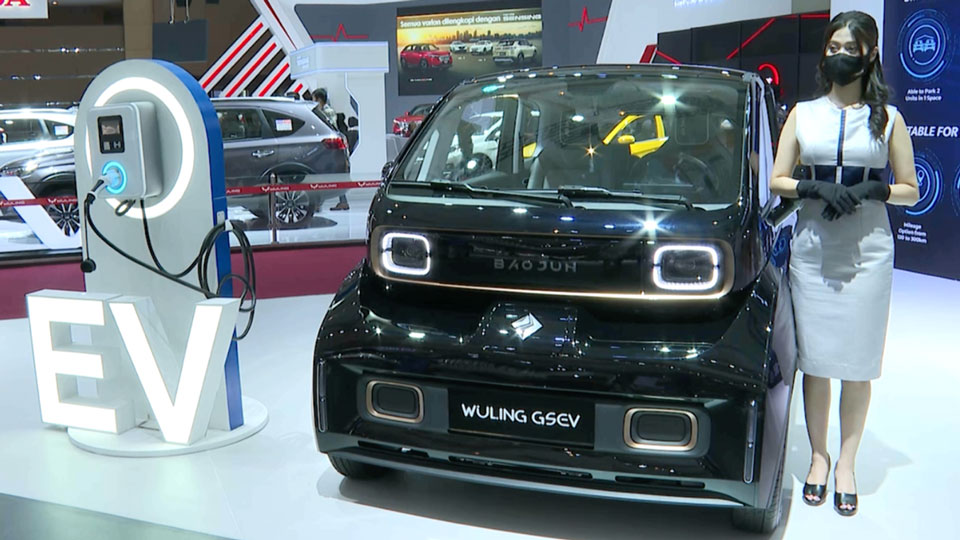
Indonesia is keenly aware of the vast rewards on offer, but it also knows that to access those rewards, it will have to cooperate with outsiders.
Two automakers, South Korea's Hyundai and China's Wuling, have already built EV production plants in Indonesia and are involved in local EV battery projects. Currently, Indonesia is actively negotiating with US and Chinese EV manufacturers, Tesla and BYD.
The Ministry of Investment predicts that as more EV makers from overseas focus their operations in Indonesia, it will trigger exponential growth in the domestic market for EV battery production. Also buttressing the market is a new government scheme that provides healthy incentives to EV producers and buyers of vehicles that contain at least 40 percent local components.
Development and its shadow
The boom has not come without controversy. Critics say the increase in mining operations has caused extensive environmental degradation.
The evidence to support this claim was clear to our NHK crew in the murky ocean waters around the Morowali Industrial Park. Residents are concerned about impacts on the marine environment.
"Before the industrial park started, fishing here was easy," said a local fisherman. "Now it's much harder to catch fish. The fish are moving away because the water is so hot from the waste."
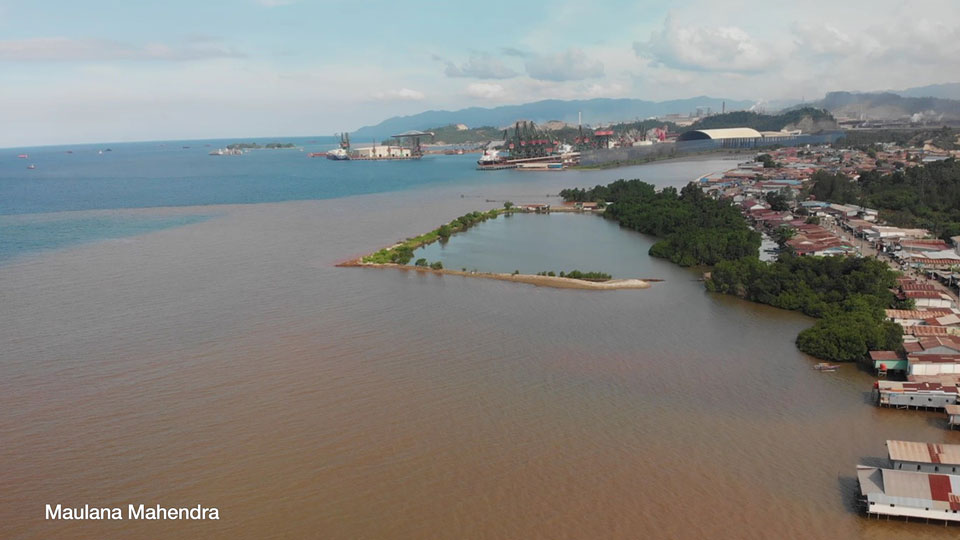
The Indonesian government says environmental regulations designed to keep the mining industry in check are being enforced. But according to a nickel industry insider, "The government overlooks this environmental situation because nickel brings significant revenue to our country."
Firms such as Vale Indonesia engage in sustainable practices. Water is purified at its mine in Sorowako before it is returned to an adjacent lake.
Vale Indonesia also makes a point of replenishing ecosystems at former mining sites and grows 700,000 seedlings each year to use in reforestation efforts. The Indonesian government says it expects Vale Indonesia to share its knowledge and practices with other operators.
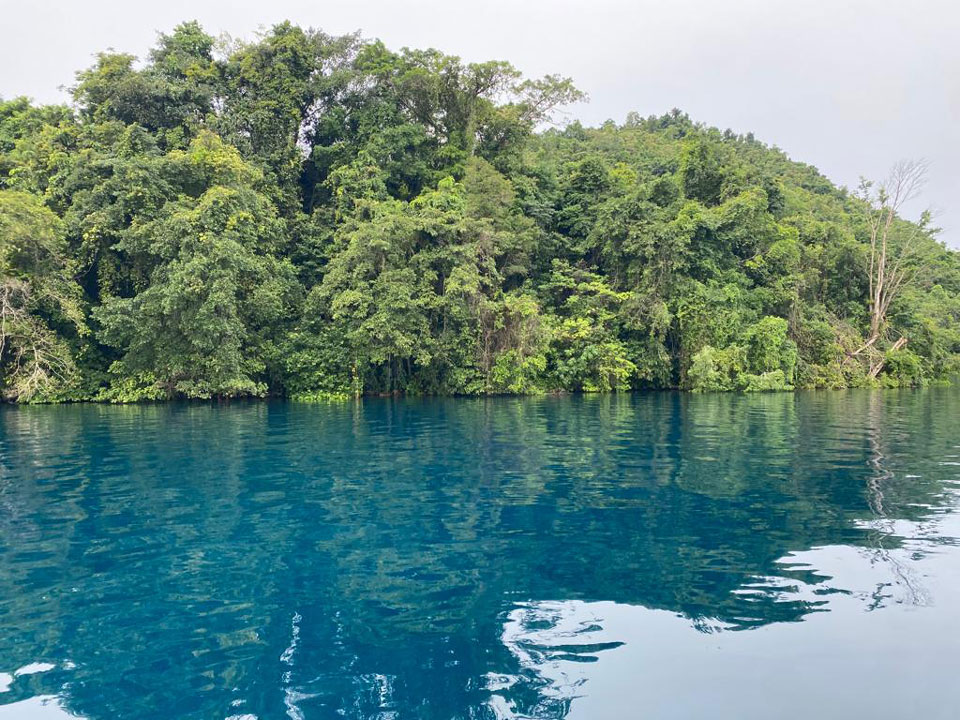
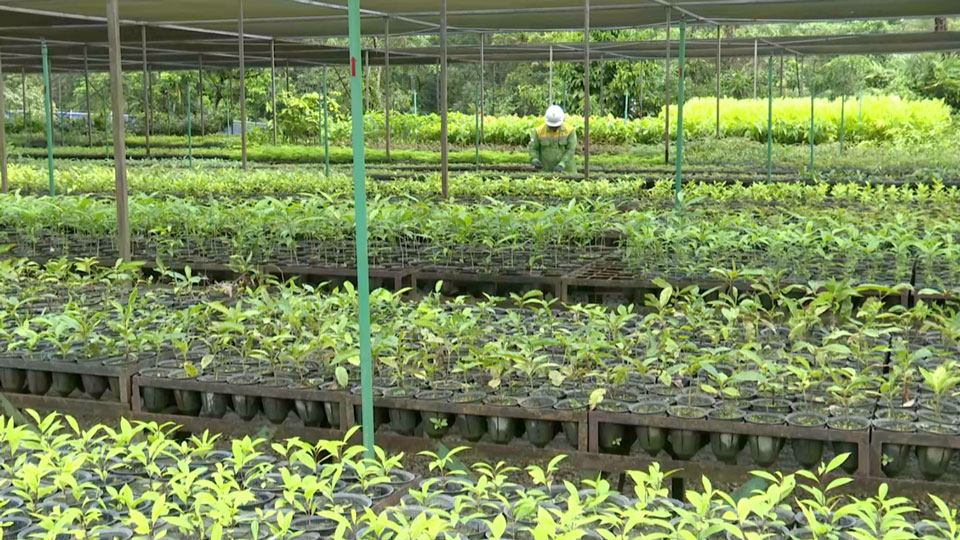
More resources on the radar
Indonesia's bold policies continue to cause friction with some countries. In 2019, the European Union lodged a complaint with the World Trade Organization over Indonesia's
ban on raw nickel exports, arguing that it unfairly restricted access to raw material for stainless steel and distorted international prices.
The WTO upheld all of the EU's claims, but Indonesia immediately filed an appeal.
Despite the setback, Indonesia has announced plans to ban the export of other resources. A ban on bauxite ore exports (Indonesia is sixth in world reserves) will come into effect in June, followed by a ban on copper exports (tenth) and tin (second).
"If we back down, don't expect this country to become a developed country," said President Joko Widodo. "We will be sued again; there will definitely be someone who will sue again. We will fight again."
An Indonesian government official was more phlegmatic. "Indonesia has rich natural resources and a large population. We are one of the 'haves.' It may take time, but Indonesia has the potential to become a developed nation without relying on major powers."
